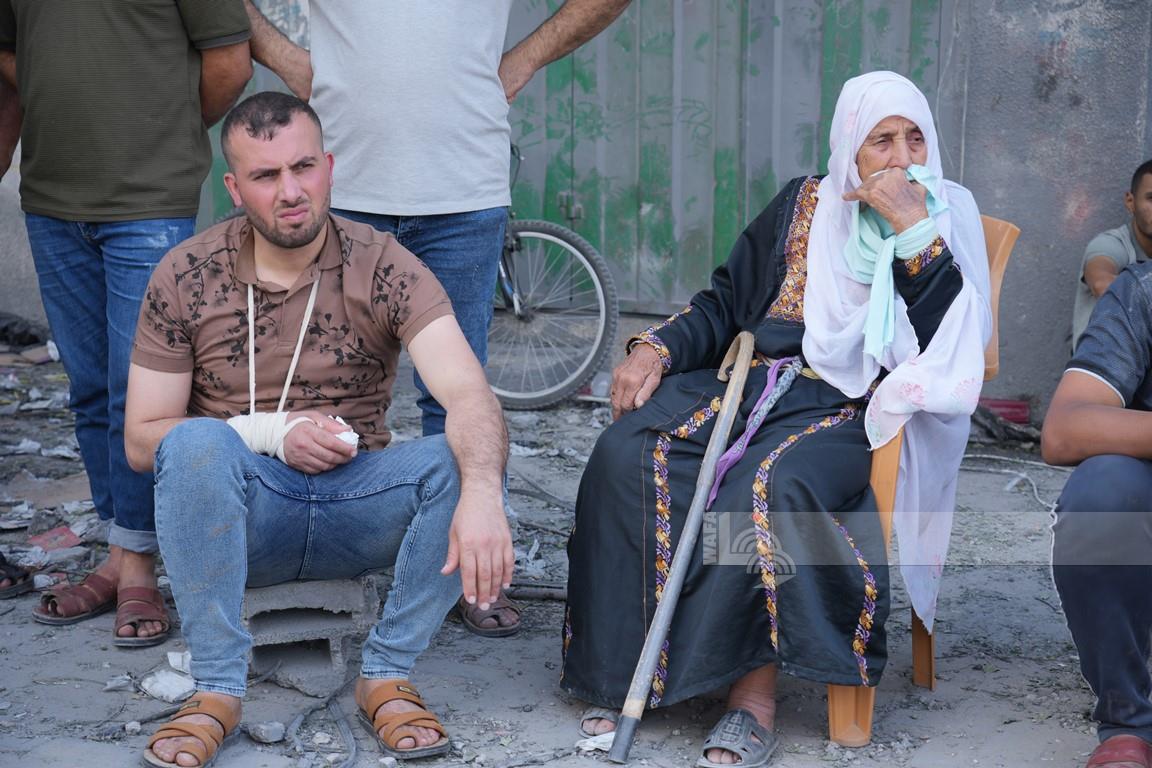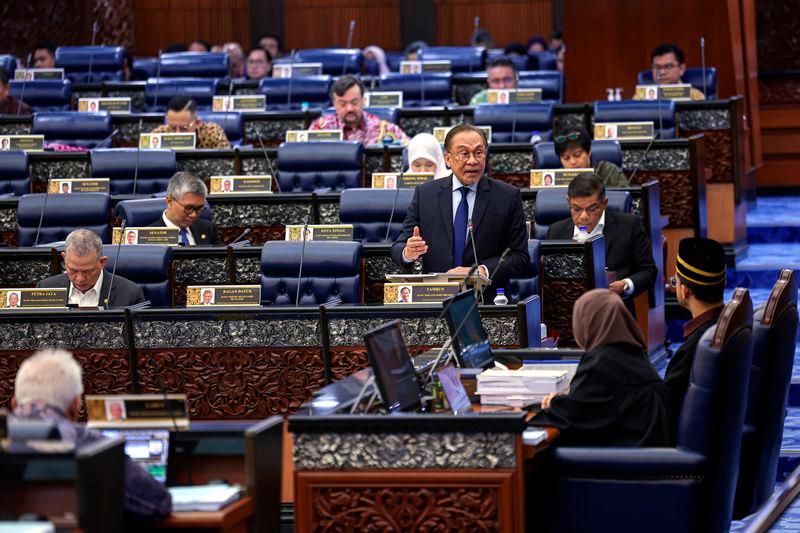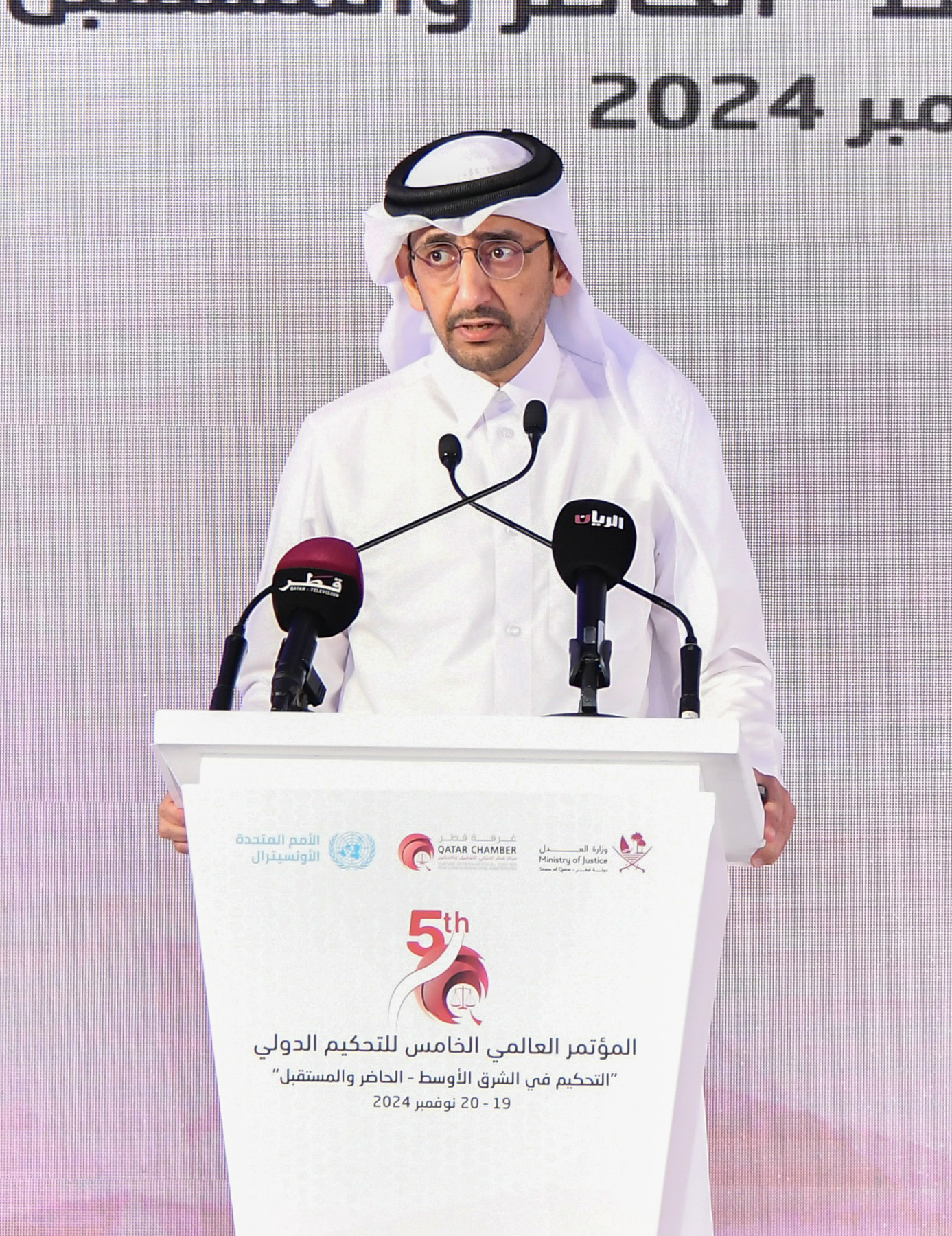The complete Israeli blockade on Gaza has been widely slammed as a form of “collective punishment”.
Human Rights Watch (HRW) has called on Israel to “immediately” restore electricity, water and fuel to Gaza on Saturday as millions of Palestinians continue to face a devastating blockade that has pushed the enclave to catastrophic conditions.
In a statement, the international rights organisation called on Israeli authorities to restore basic resources and allow “unhindered” aid into Gaza to meet a portion of its humanitarian needs.
“While aid agencies struggle to squeeze a few trucks of humanitarian aid into southern Gaza via Egypt, the Israeli authorities are keeping their crossings with Gaza closed and refusing to flick the switch for the water and electricity supply,” Tirana Hassan, executive director of HRW, said.
“There is no excuse for denying water, food, and medicine to Gaza’s civilian population. It is cruel and contrary to international law,” Hassan added.
Israel has imposed a complete siege on Gaza since the start of its deadly war on the Palestinian territory on 7 October, exacerbating the struggle of the local population. The blockade has been widely slammed as a form of “collective punishment” on Palestinians.
So far, at least 4,385 Palestinians, including at least 1,756 children, have been killed by Israel in just two weeks. The siege has further contributed to the challenges of Gaza’s medical sector as medics attempt to respond to hundreds of thousands of injuries.
The blockade is also a violation of international humanitarian law, which obliges occupying powers—in this case Israel—to ensure the provision of basic needs to the civilian population.
“Israel also must facilitate, not block, the delivery of humanitarian aid[…]under international human rights law, governments must respect the right to water, which includes refraining from limiting access to, or destroying, water services and infrastructure as a punitive measure during armed conflicts,” HRW added.
The HRW official said that “lives are hanging in the balance.”
The statement was issued on the same day that the shared Egypt-Gaza Rafah crossing finally opened to allow the entry of a limited amount of urgent aid to the Strip. Reports said that some of the aid included body bags for Palestinians being killed by the IOF.
Israeli army spokesperson Daniel Hagari also said on Saturday that “fuel will not enter Gaza” as Tel Aviv refused to lift its siege.
Only 20 aid trucks carrying tonnes of foreign aid entered the Strip from Egypt for the first time in two weeks, carrying a small amount of medicine and food supplies.
However, the Palestinian Red Crescent said the aid “would not meet more than a fraction of the needs in Gaza”, Palestine’s Wafa news agency reported at the time.
At least 200 trucks have been lining up at the Rafah crossing carrying since the escalations began, all of which carrying aid delivered by countries including Qatar, Jordan, and the United Arab Emirates.
Qatar delivered 37 tonnes of aid to Sinai last week and sent two additional aid flights on Sunday carrying 87 more tonnes of aid. The Gulf state has also been engaged in talks with its partners over the establishment of a safe humanitarian corridor.
The Rafah crossing is the only way in and out of Gaza and has long served as a lifeline for Palestinians in the besieged enclave who have been living under an illegal Israeli air, land and sea blockade since 2007.
The crossing has been subjected to at least three attacks by the Israeli occupation forces (IOF) since the beginning of the aggression on Gaza last week, which has destroyed much of the infrastructure on the Palestinian side.
Egypt shut the crossing in response to those attacks and has been awaiting Israel’s approval in order to let aid cross into Gaza.
However, Israel only agreed to allow the entry of aid on Wednesday in response to the demands of its ally, the United States, during a visit by President Joe Biden to Tel Aviv.
Many have perceived the limited aid entry to Gaza as yet another attempt to divert the public’s attention from the massacres committed by the IOF against Palestinians.
“The generic name of humanitarian aid trucks makes it sound like a full package that will instantly stop the suffering of people in Gaza[…]The trucks that entered don’t carry water and fuel,” Al Jazeera presenter Rawaa Auge said in a post on X, formerly known as Twitter.
She added: “And most importantly, THE BOMBING [OF] GAZA DIDN’T STOP.
“And the starvation of the population is not over. What entered so far is just enough to help very few survive for a couple more days.”
Meanwhile, Israel sent renewed warnings to Palestinians in Gaza to move towards the south of the Strip. Last week, the IOF targeted Palestinians as they headed towards the south in response following similar bombing threats.







